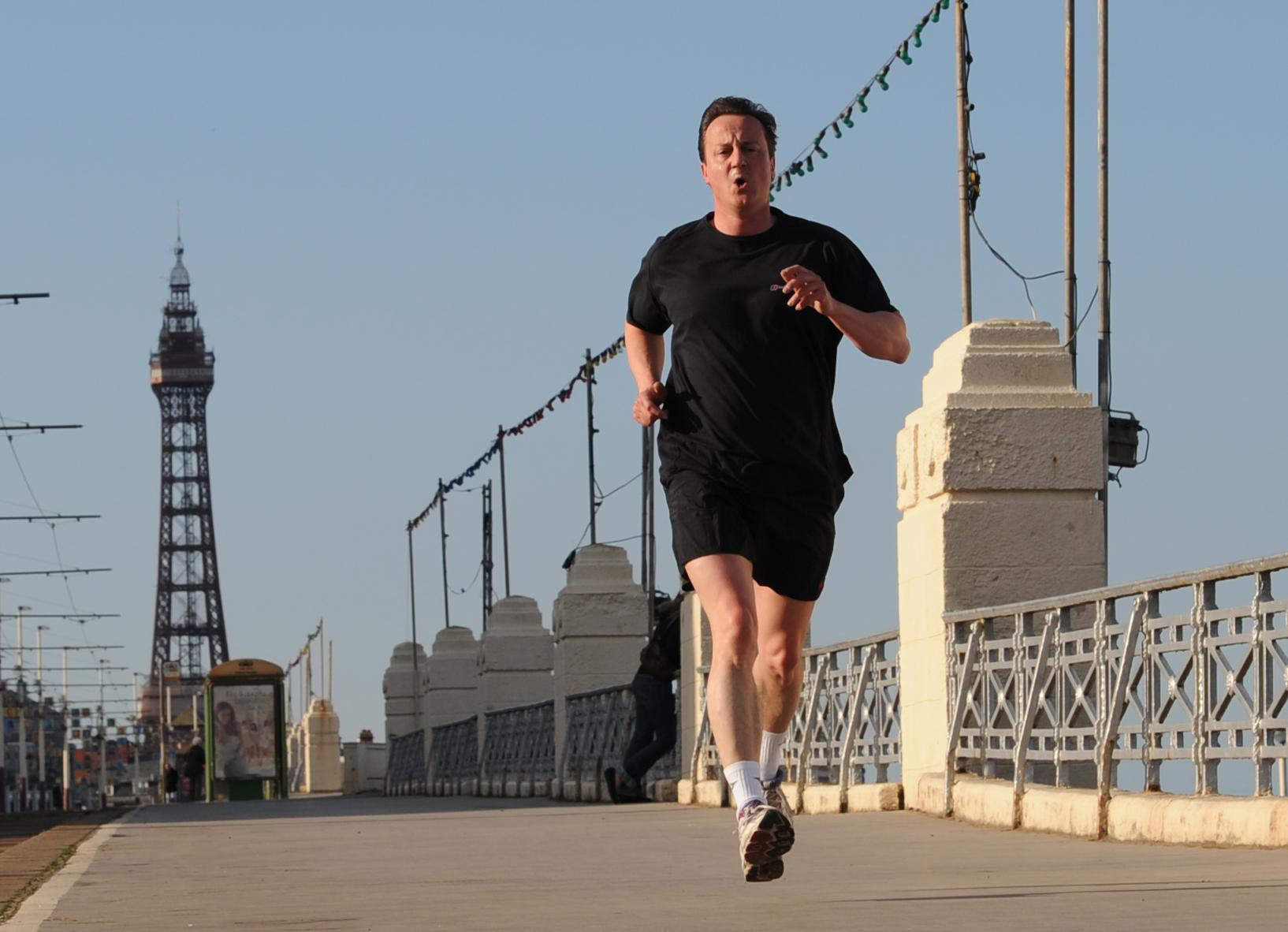
In the week of the Queen’s Speech we will learn if David Cameron ever plans to speed up.
Pensions weren’t reformed at the Budget. Changes to disability benefits were abandoned. In the last few days we’ve learned that the BBC won’t be broken up. But this isn’t an inert government, it’s a slow one.
There are a couple of obvious reasons for why it’s slow. There’s a referendum to win. It curtails the appetite for risk. Then the opposition is divided and sometimes distracted. This makes u-turns easier to execute; and braking is no problem at all.
There are some deeper reasons for the slow pace too. There are few hard targets to hit. Instead this government has ambitions, meaning it doesn’t need rigid delivery plans or trajectories like New Labour. Doubling the entry rate of young people from disadvantaged backgrounds into higher education is an ambition. The same is true for halving the gap in the employment rate between people with disabilities and the rest.
The foregoing of targets reflects a deeper philosophical view, a conservative one: change can be achieved but it must not be forced. The exceptions to this are a direct corollary of the one target that the Government does have, on deficit reduction. Though that one belongs, practically and politically, to the Chancellor rather than the Prime Minister.
But going slow bears its own risks. The first is that other things may change faster than government policy. This is the challenge for the BBC. The government promised there won’t be another big Charter Review for 11 years. By then television and radio may have become something entirely different. Go 11 years in the other direction to 2005 and there was no iPhone, Netflix sent DVDs in the post and Amazon was a shop. It may be that the BBC comes asking for a Charter Review earlier than the government plans to hold one.
The second problem with going slow is that the Prime Minister may want to have built a stronger legacy. Keeping the status quo through three major referendums is some achievement but it’s not a reformer’s resume. For this reason I expect the Queen’s Speech will mark a step up in the government’s pace.
Jo Johnson, formerly head of the No10 policy unit and now Minister for Universities, is responsible for a new Higher Education and Research Bill. This may give a jolt to poor quality universities and try to create many new student places to help achieve the Prime Minister’s ambition on widening participation.
In the same department Lord Sainsbury has been appointed to a panel by Nick Boles to work up proposals for big changes to vocational qualifications. Those may emerge soon.
Stephen Crabb hasn’t been Work and Pensions Secretary for long. But he told the Select Committee last week that there will be new ideas before the summer break to improve the support available to people with disabilities in finding work.
On a different note, Tom Fletcher, one of a new generation of top diplomats, published a report on creating a Future FCO, focused on improving digital diplomacy and the use of data. Modernising the state of the state as well as its functions is an important part of what Conservatives have been trying to do since 2010.
There will be challenges in delivering each of these proposals and perhaps even these taken together will disappoint some people. But this Queen’s Speech does need to step up the pace, or a whole legislative session and whole year will be lost.
Emran Mian is Director of the Social Market Foundation






